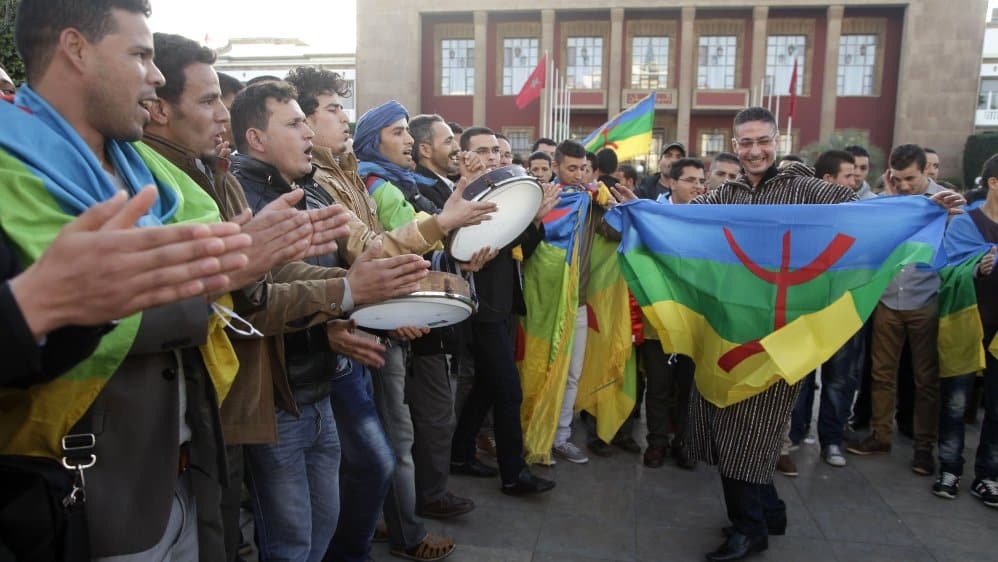In the latest acknowledgement of the Indigenous Amazigh group that has fought for years to have their calendar recognized, Morocco’s king announced that the Amazigh New Year – Yannayer- has become an official holiday.
In a statement released on Wednesday, the royal court stated that King Mohammed VI “decided to establish Amazigh New Year’s Day an official paid national holiday.”
The Amazigh New Year is celebrated annually on -around- January 13. According to historians, the Amazigh calendar, which is based on seasons and agriculture, celebrates the beginning of the year on the anniversary of the accession of the Libyan King Sheshonq to the throne of Egypt.
Most of North Africa is home to the Amazigh people, with significant populations in Morocco, Algeria, Tunisia, Libya, and western Egypt. But other Amazigh tribes can also be found in Niger, Mali, and Burkina Faso. The broad range of related dialects used by the Amazigh is referred to as “tamazight.”
The largest Amazigh population in North Africa is found in Morocco, -around 17 million- which for a long time neglected the Amazigh language and culture in favor of Arabic and French, giving rise to a movement for Amazigh identity that has gradually gained ground popularity.
The 2011 protests in Morocco that resulted in the adoption of a new constitution and the transfer of some of the monarch’s authority to an elected government prominently included demands of the Amazigh movement.
Following the confirmation of the Amazigh language’s official status by Moroccan legislators in 2019, eight years after it was initially acknowledged in a new constitution, the decision to recognize the Amazigh New Year was made.
The Amazigh people of Morocco were the first to formally recognize the native mother tongue, while advocates regret that it is not properly taught in public schools and used in government.
The government vowed to hire hundreds of official clerks for the Amazigh language in public services and increased the 2023 budget for the language’s support by 50% this year, to 300 million dirhams ($30 million).
The Amazigh new year “Yennayer” festivities emphasize spending time with family and listening to upbeat music. Most families prepare a feast of traditional meals as they get ready for the day, with the family matriarchs organizing the preparations.
Additionally, it has become customary to dress in traditional Amazigh attire and jewelry just for the occasion. Yennayer has developed into a celebration for significant life milestones including weddings, circumcisions, and a child’s first haircut in keeping with the idea of rejuvenation, wealth, and life.
Celebrations for Yennayer might stretch up to three days in some parts of Algeria. Every day, the family comes together for a special supper. Typically, the first day is spent eating semolina porridge, the second day involves couscous with seven veggies, and the third day involves chicken.
On December of 2018, Algeria has also taken the decision to announce the Amazigh new year as a paid holiday in the nation during the ruling of president Abdelaziz Bouteflika.

















